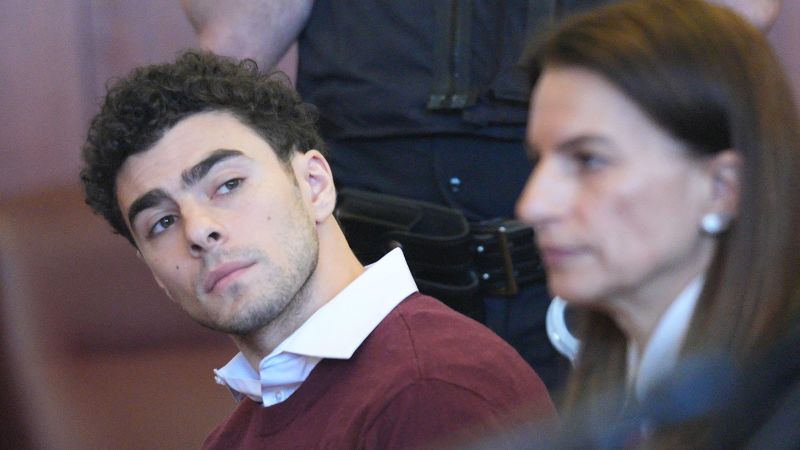OH YEAH THEYRE TALKING ABOUT IT NOW
Please do not remove mods, really sorry for the Google AMP link, but this is a “subscribers only” blocked article on CNN that for some reason AMP just straight up bypasses and opens fine.
Direct link: https://www.cnn.com/2025/01/10/us/jury-nullification-luigi-mangione-defense/index.html.
Edit 1: updated title, CNN changed it on me



Pls correct me, but you can challenge a ruling for mistrials, can’t you?
And the higher court decides the legitimacy of the prev ruling, right?
Jury nullification means acquittal, and you cannot retry someone after acquittal.
Also prosecutors generally cannot appeal an acquittal.
Non-lawyer but…
If a jury comes to a conclusion then the defendant is not guilty then it’s game over. A mistrial had to be called before deliberation happen, and that would have to have some material misconduct during the trial, not just ‘I think we gonna lose’. A guilty verdict could be appealed but that appeal is only to decide if the case was conducted fairly (for a retrial request) or to assess the validity of a sentence.
Basing it off some time I did a lot of legal/court adjacent work for a few years, but I’m pretty sure that’s right.
Assuming the trial results in a hung jury the state can refile the case over and over again - but if the outcome isn’t viewed as a fluke then it’s just a huge waste of money.
To clarify a hung jury and jury nullification are different things. The most likely outcome is probably a hung jury and I’d rate a non-guilty declaration as more likely than a guilty declaration.
I’ll elaborate on this. In order to actually be acquitted, ie found not guilty, the jury has to unanimously vote him “not guilty.” A hung jury is if that jury cannot come to a unanimous decision.
In a case like this, if we get a hung jury, the prosecution isn’t likely to let it go. It’s too high profile of a case. What tends to happen in cases this high profile is that the prosecution tries again, but with a lesser set of charges.
So here they’re trying murder one. If that results in a hung jury for all the charges, then they will try again. Next time, they charge him with murder two. If that results in a hung jury, they’ll charge him with manslaughter.
Eventually, the charges they’re considering get low enough that the defendant will likely just take a plea deal for a lesser charge. Maybe Luigi takes a plea deal for 2nd degree manslaughter, or whatever the equivalent is in NY. At that point he would likely already have been in prison for years, and he might just be let off with time served.
I don’t know how likely that scenario is, but that’s what would probably happen if his trials just kept resulting in hung juries. Prosecutors rarely try defendants on the exact same set of charges. If they got a hung jury, they know they were probably over-reaching on the previous set. So each time they dial it back and hope to get the guy on something.
Mistrials and appeals only work for a guilty verdict. They aren’t an option for a not guilty verdict.